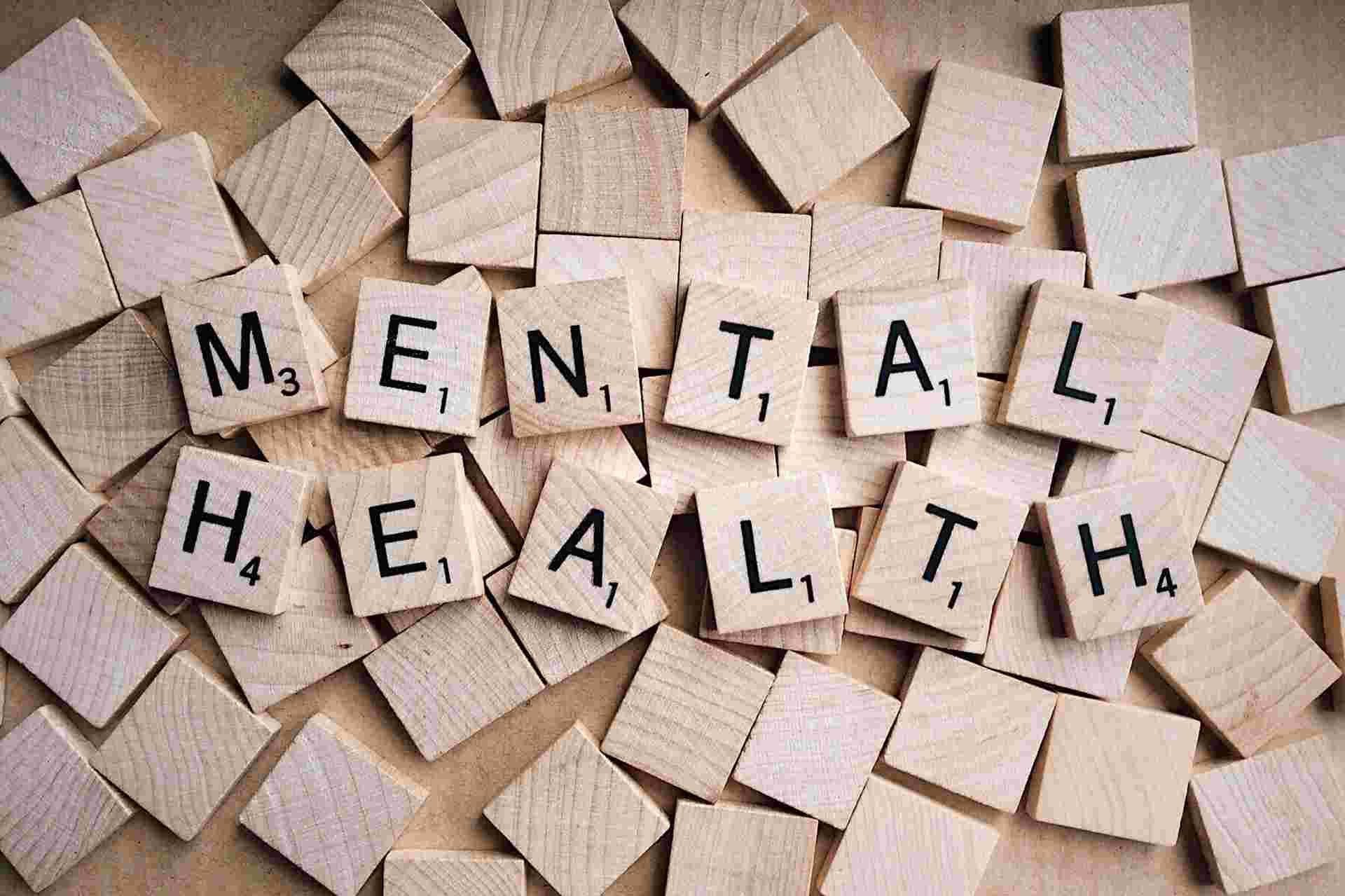Children’s Mental Health Week 2021 took place from 1-7 February 2021. This year’s theme was Express Yourself.
Signs that something is wrong
Around 1 in 8 children and young people experience behavioural or emotional problems growing up. For some, these will resolve with time, while others will need professional support.
It can be difficult to know if something is upsetting a child or young person, but there are ways to spot when something’s wrong. Look out for:
- significant changes in behaviours
- ongoing difficulty sleeping
- withdrawing from social situations
- not wanting to do things they usually like
- self-harm or neglecting themselves
It is important to remember, everyone feels low, angry or anxious at times. But when these changes last for a long time or are significantly affecting them, it might be time to get professional help.
Top tips to support children and young people
-
Be there to listen
Regularly ask how they are doing so they get used to talking about their feelings and know there’s always someone to listen if they want it. It is also important to create a space where they will open up.
-
Support them through difficulties
Pay attention to their emotions and behaviours, and try to help them work through difficulties. It’s not always easy when faced with challenging behaviour, but try to help them understand what they’re feeling and why.
-
Stay involved in their life
Show interest in their lives and the things important to them. It not only helps them value who they are but also makes it easier for you to spot problems and support them.
- Encourage their interests
Being active or creative, learning new things and being a part of a team help connect us with others and are important ways we can all help our mental health. Support and encourage them to explore their interests, whatever they are.
-
Take what they say seriously
Listening to and valuing what they say, without judging their feelings, in turn, makes them feel valued. Consider how to help them process and work through their emotions more constructively.
-
Build positive routines
We know it still may not be easy, but try to reintroduce structure around regular routines, healthy eating and exercise. A good night’s sleep is also really important – try to get them back into routines that fit with school or college.
Online sources of support
Lots of general advice and support can be found online.
For more general advice, see our information on mental health and wellbeing, which includes advice about:
YoungMinds
YoungMinds offers free confidential online and telephone support to anyone worried about the emotional and mental wellbeing of a child or young person up to the age of 25.
MindEd for families
MindEd for families is a branch of MindEd, intended to support parents and those caring for children and young people.
Although MindEd is aimed at professionals, parents and carers may also find the information helpful.
Royal College of Psychiatrists
You can also find out more by exploring the Royal College of Psychiatrists’ leaflets for parents and young people.
These include mental health information tailored for young people, parents, teachers and carers.
When to seek professional help?
There’s a difference between feeling a bit low from time to time and a serious emotional health problem.
If your child is feeling unhappy and low for a prolonged period, or if you have any other serious concerns about your child or young person, it’s time to seek more professional help.
Any professional working with children and young people should know what to do. You may find it helpful to speak to:
- your GP
- someone you trust at school or college – for example, a teacher, pastoral lead, school nurse or special educational needs co-ordinator (SENCO)
- health visitors
- children’s centres
How can we help?
We understand the bravery it takes to seek help for a Mental Health issue, whether it be from stress, drug or alcohol-related problems, to more complex Mental Health issues such as; Bipolar Disorder or Schizophrenia.
Our Services Include:
- Round the clock quality care
- Experienced with all aspects of Mental Health Care
- Flexible and customised treatment options
Please call our Homecare team on 0203 008 5210 or email us info@cavendishhomecare.com to see how we can assist you.
About the Author…
Zahrah Abdullah
Operations Assistant
During her time as a Youth Worker at Challengers, a charity dedicated to supporting children and young people with disabilities, Zahrah demonstrated excellence in assisting in the delivery of inclusive play activities. She gained knowledge in Makaton, and underwent training in Crisis Prevention/Intervention, specifically focusing on managing challenging verbal and physical behaviours.
Currently holding a key role within Cavendish Homecare’s operations team, Zahrah takes charge of ensuring the seamless set up of new cases, managing the distribution of personal protective equipment (PPE) to clients and the nursing and carer teams, organising staff training and providing crucial support to Nurse Managers.

 Back
Back